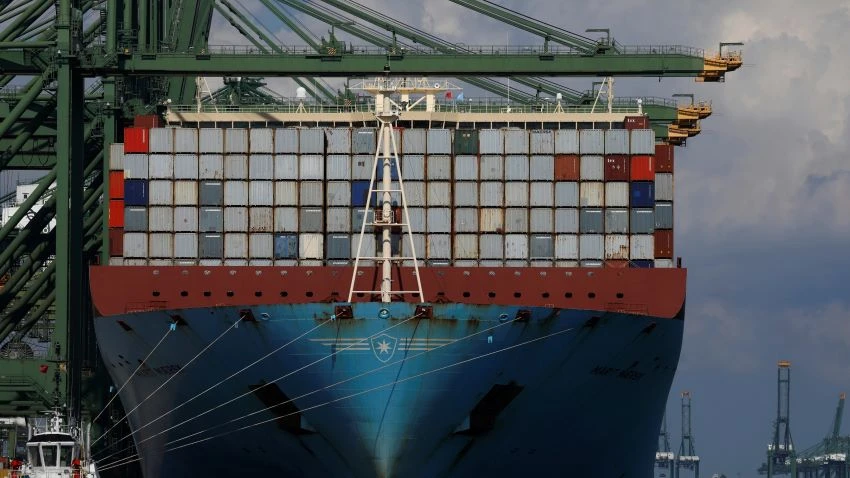
Sixteen Asia-Pacific countries, including China, India and Japan, on Monday gave up on sealing a historic trade pact this year.
The decision is seen as another blow to governments that favor free trade and a setback for Beijing in particular, as it was eager to expand its partnerships amid soaring tensions with the U.S.
Sources have said that although 15 of the 16 nations had agreed to sign the Regional Comprehensive Economic Partnership, India resisted. All RCEP member nations except India intend to proceed with the legal processes necessary for signing the deal in 2020, while working with India to resolve the outstanding issues.
At a ministerial meeting on Friday, negotiators failed to reach an agreement, but the delegations participating in the talks chose to keep the discussions going on the remaining issues before the RCEP summit on Monday.
Nevertheless, informal talks on the sidelines of the ASEAN and East Asia summits made it clear that the remaining gaps were too wide to bridge. The deal would have brought tariff cuts as well as protections for intellectual property.
A joint statement was issued at the RCEP summit that said all participating nations except India "have concluded text-based negotiations for all 20 chapters and essentially all their market access issues." It added that member nations will work to resolve outstanding issues "in a mutually satisfactory way."
After the RCEP summit, Indian government sources said that the conditions other 15 countries agreed to were "not fair or balanced." They also added that issues for India included inadequate protection against a surge in imports and any circumvention of rules around the origination of goods.
India's Vijay Thakur Singh, a senior diplomat in charge of East Asia for the Ministry of External Affairs, told a news conference said that her country had "conveyed its decision at the summit not to join the RCEP agreement."
She did not explain whether India was withdrawing from future talks, or only from Monday's agreement.
A source from Indonesia, which coordinates on RCEP matters within ASEAN, said that Jakarta had not received any notice of India leaving the negotiations. A Japanese and a South Korean diplomat both said that Singh meant India cannot join the RCEP in its current state.
 India's Prime Minister Narendra Modi, second from left, and Chinese Premier Li Keqiang, second from right, shake hands at the RCEP summit in Bangkok on Nov. 4. © Reuters
India's Prime Minister Narendra Modi, second from left, and Chinese Premier Li Keqiang, second from right, shake hands at the RCEP summit in Bangkok on Nov. 4. © Reuters RCEP would bring together the 10 members of the Association of Southeast Asian Nations, plus China, Japan, South Korea, Australia, New Zealand and India. These countries are home to 3.6 billion people, or nearly half the world's population, and account for around one-third of global gross domestic product.
ASEAN leaders originally proposed the idea of RCEP in 2012, and the talks began in 2013.
Thailand, as this year's ASEAN chair, had sought to push the process forward over the past few months. Sources close to the talks said the countries had settled most of the roughly 20 points up for negotiation by the end of the previous ministerial meeting, held in Bangkok on Oct. 11 and 12.
But India's tough negotiating stance was a major obstacle. The South Asian country wanted more safeguards in the deal due to its large trade deficit with China, and refused to give in. New Delhi's resistance reportedly irritated Beijing, which at one point proposed going ahead without India.
For China, RCEP is also a tool to present itself as a flag-bearer of free trade in contrast to the Donald Trump administration in the U.S., even though Beijing maintains many of its own protectionist policies. One of Trump's first acts as president was to withdraw from the Trans-Pacific Partnership -- a similarly ambitious trade deal -- and he has since engaged China in a bitter tariff battle.
Some experts say that with the ASEAN chairmanship shifting from Thailand to Vietnam for 2020, Brunei for 2021 and Cambodia for 2022, it will be harder to accelerate the negotiations. All three countries are considered less diplomatically experienced than Thailand.




















